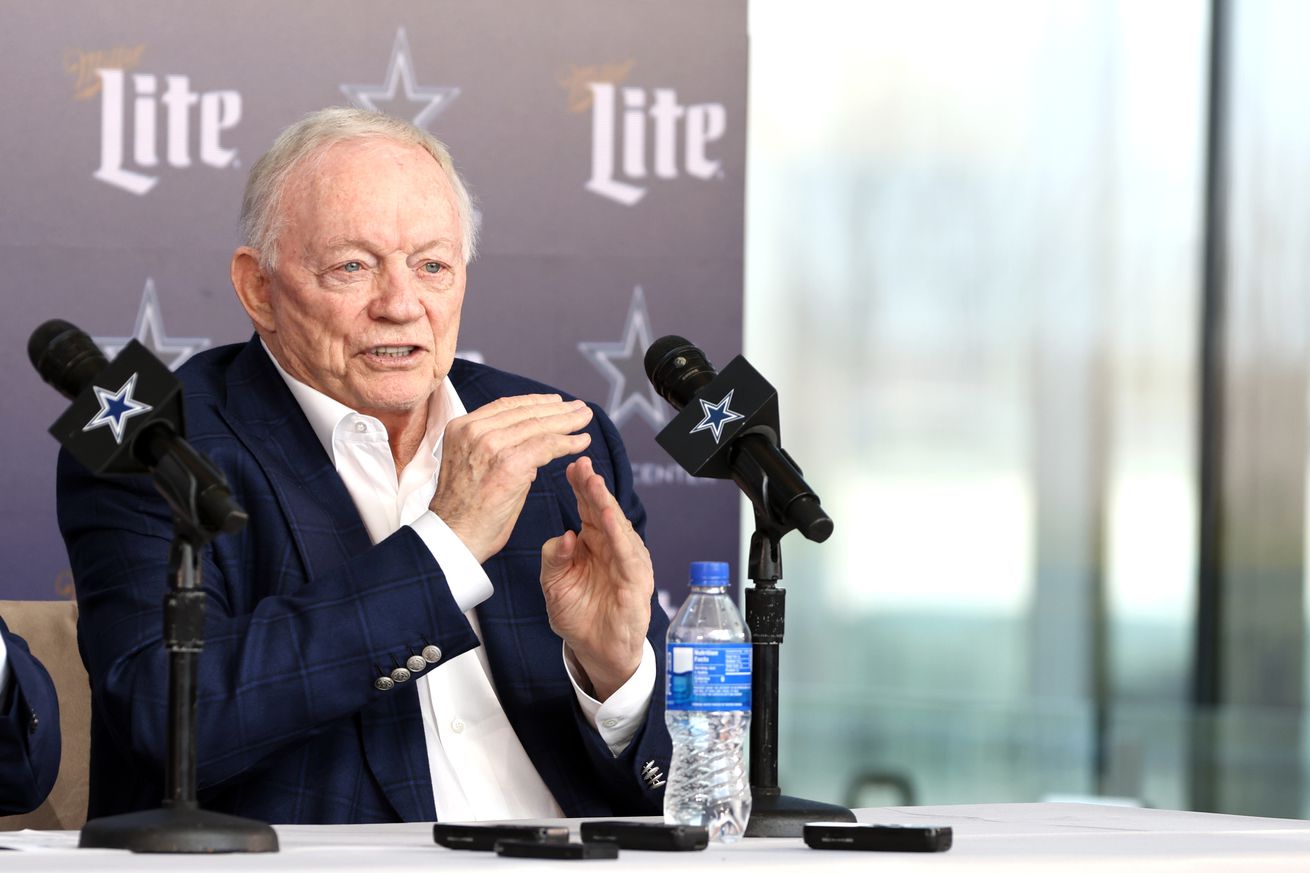
The Cowboys just don’t get it.
The Dallas Cowboys are in Oxnard, California, which means they kicked off their first training camp of the Brian Schottenheimer era on Monday. While there’s a new coaching staff, it was the same old talking points at the kickoff press conference, with Jerry Jones fielding multiple questions about yet another superstar player whose contract negotiations are still ongoing after months of anticipation.
This time, though, Jones was specifically pressed by multiple reporters in attendance for his willingness to take his time on negotiations with players like Micah Parsons. At one point, he left everyone speechless when he implied regret for being aggressive in his early extensions for Trevon Diggs and Terence Steele.
Then, Jones elaborated a bit on his philosophy of dragging out contract extension talks, and the ramifications of it were the most alarming part of anything said on Monday.
One of the things that exacerbates this is that you have a kind of policy or a practice to have contracts, but have like it’s some kind of obligation to do something before the contract is over. In other words, not have the benefit of the contract. Well that goes completely against the benefit of the club…
So there’s a lot of reasons, timing is a lot of reasons… why would you go out and, basically, spend money just to spend money and not have had to spend it [when] you can spend it three years later. Money costs money.
These comments essentially sum up the issue so many have with the Cowboys’ overall approach to the contract negotiation process. For Jones, he feels entitled to have his players make as little money as possible for as long as possible so he can (theoretically) spend more money on more players.
Just like the Cowboys did when Dak Prescott was on a fourth-round rookie salary for four years and decided they needed to cut Dez Bryant because they could get by with Deonte Thompson. Right?
Jones believes in the player essentially serving out the entirety of their contract before getting a new one, which is how things were done back in the 90’s (an era he can’t stop talking about) but now how they’re done in 2025.
It’s why Jerry and Stephen are comfortable with taking so long to pay their players; philosophically, they don’t seem to believe they even should be extending their players as soon as possible. Jones went on to specifically admit his non-belief in the basic concept of inflation with regards to the football market.
There’s a lot of reasons why this whole business of thinking “well, my goodness, it’s pretty obvious to me everything goes up, so why don’t you catch it when it’s low?” Have you ever thought that when it’s low, they’re counting on it going up? And those are the numbers coming out? Not the ones that are going on right then. Have you ever thought about that?
I’d say ninety percent of the time they’re not dealing with you in those numbers today, they’re dealing with projected numbers which, honestly, usually have more fluff than reality. They’ve usually got an expectation that those numbers are going to be higher than they are.
What Jones is more or less arguing here is that players are negotiating with the belief that the market is rising and, therefore, they should be paid more relative to the market. Not unlike the cost of living adjustments that are present in most day-job compensation plans, which makes sense.
Instead, Jones believes that these players who see a rising market are actually just looking at pie in the sky numbers, and that Jones is savvy enough to know that he can just wait and get these players inked to a cheaper deal once those numbers are exposed for being said pie in said sky.
The problem is that second part never happens, because he is wrong.
Go back, again, to Prescott. The Cowboys tagged their quarterback twice before agreeing to a deal, and it was often reported around that time that Prescott was looking for something similar to Russell Wilson’s deal that paid an average of $35 million a year. Prescott reportedly turned down offers of both $30 million and $33 million, and by the time he actually signed an extension – during which time many other quarterbacks had signed market-resetting deals – Prescott hit the $40 million average.
Just a few weeks later, Josh Allen signed a new deal with the Bills that paid him an average of $43 million a year, easily surpassing Prescott’s deal. The market continued to rise and quarterbacks continued to get paid pie-in-the-sky numbers and now Prescott is making $60 million a year, most in the league, for the same reason.
Because they waited and waited, hoping the number would go down. Instead, big extensions came for Jared Goff, Tua Tagovailoa, and Jordan Love. Not only did the number not go down, as Jones seems to believe it always does, but it went up.
Simply put, the Cowboys front office does not get it. They’re living in an imaginary world where players can be talked into a lower number when the reality is that every player out there – or, more realistically, every agent out there – knows that the market keeps going up and, in turn, so should the money in their own pocket.
That’s why so many teams now choose to extend their players as soon as they possibly can. Jones doesn’t seem to care, perhaps believing he’s the smartest one in the room despite reigning over a team with the longest NFC Championship Game drought in football. That’s a bleak reality for fans as they continue to hope that Micah Parsons will remain a Cowboy for the foreseeable future.

































